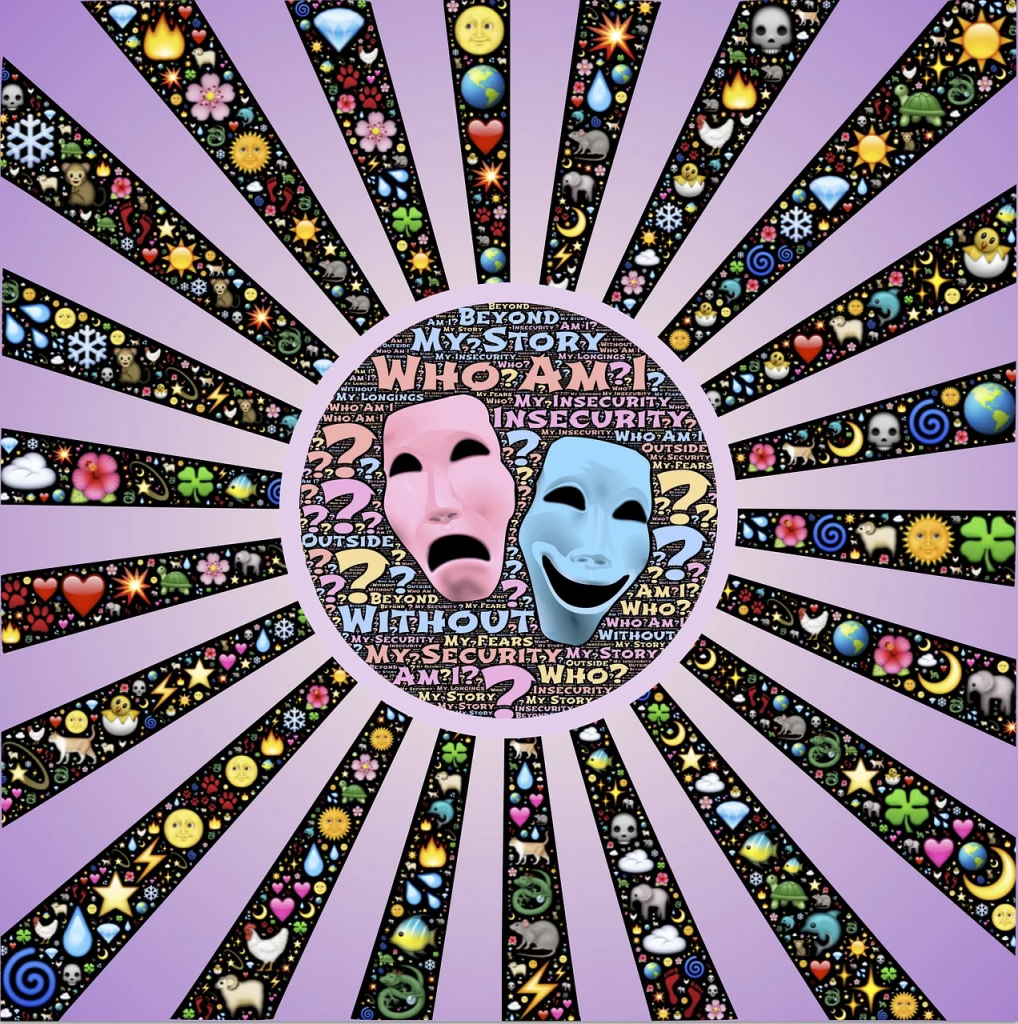Welcome to Step 2 of the LifePath Mapping process I am providing in this blog over this next two-three months. (You may see the previous post from the calendar below for Step One.) All of these techniques can also be found in my 2018 book, Your Life Path (Skyhorse Press), and in the LifePath Mapping workbook you could download for free from the panel on the right in this blog site.
I invite you to respond in your life mapping journal to the following prompts (Or, you might wish to print out this post and write your answer in the open spaces below, compiling these step by step pages in a notebook.):
1A) What is a human lifetime like? Close your eyes and imagine/ name an image that represents for you a human lifetime: What image or metaphor comes to mind? (For example: Life is a Journey…)
1B) How/ why? How is YOUR life like the image or metaphor of a human lifetime you have imagined?
2) What are the typical stages or phases, if any, of a normal human lifetime, whether or not they are typical of yours?
******
The first two prompts above allow you to express a Life Metaphor that feels appropriate to your Life Path. Prompt #3 reveals a Life Course Schema Model that feels appropriate to your current mindset. The LifePath Metaphor and Life Course Schema Models you have identified—though these could vary in different phases of your life or even now, according to different archetypal facets of your personality outlook—may reveal quite a lot about how you presently conceptualize “where you are at” as well as how you might be feeling about where you are at in your LifePath today.
These two cognitive models of your LifePath are often closely interconnected. For example, an “Up and Down” LP Metaphor such as Life is like a Roller Coaster or Hiking Up and Down a Mountain is often–though not always–associated with a Cyclic Life Course Schema (e.g. seeing life as organized by decades or seven-year cycles). A Journey sort of LP Metaphor, by contrast, is usually associated with a Linear Stage Model Life Course schema such as a sequence of five or more specific stages from Childhood through Old Age.
What about YOUR models of a lifetime? Do you see a connection between your LifePath Metaphor and your Life Course Schema model? You may wish to journal further about this in your journal, or below.
******
images are from pixabay.com
These two models or images reflect something about your cognitive outlook as you embark upon your LifePath Mapping process. In Joseph Campbell’s terms at this stage (as explained in his The Hero With 1000 Faces book), you are “Approaching the Threshold of Departure” upon this LifePath Mapping process as a rites of passage or Hero Cycle adventure.
Stay Tuned! Next: Step Three—Compiling a list of your LifePath Shaping Events.

























